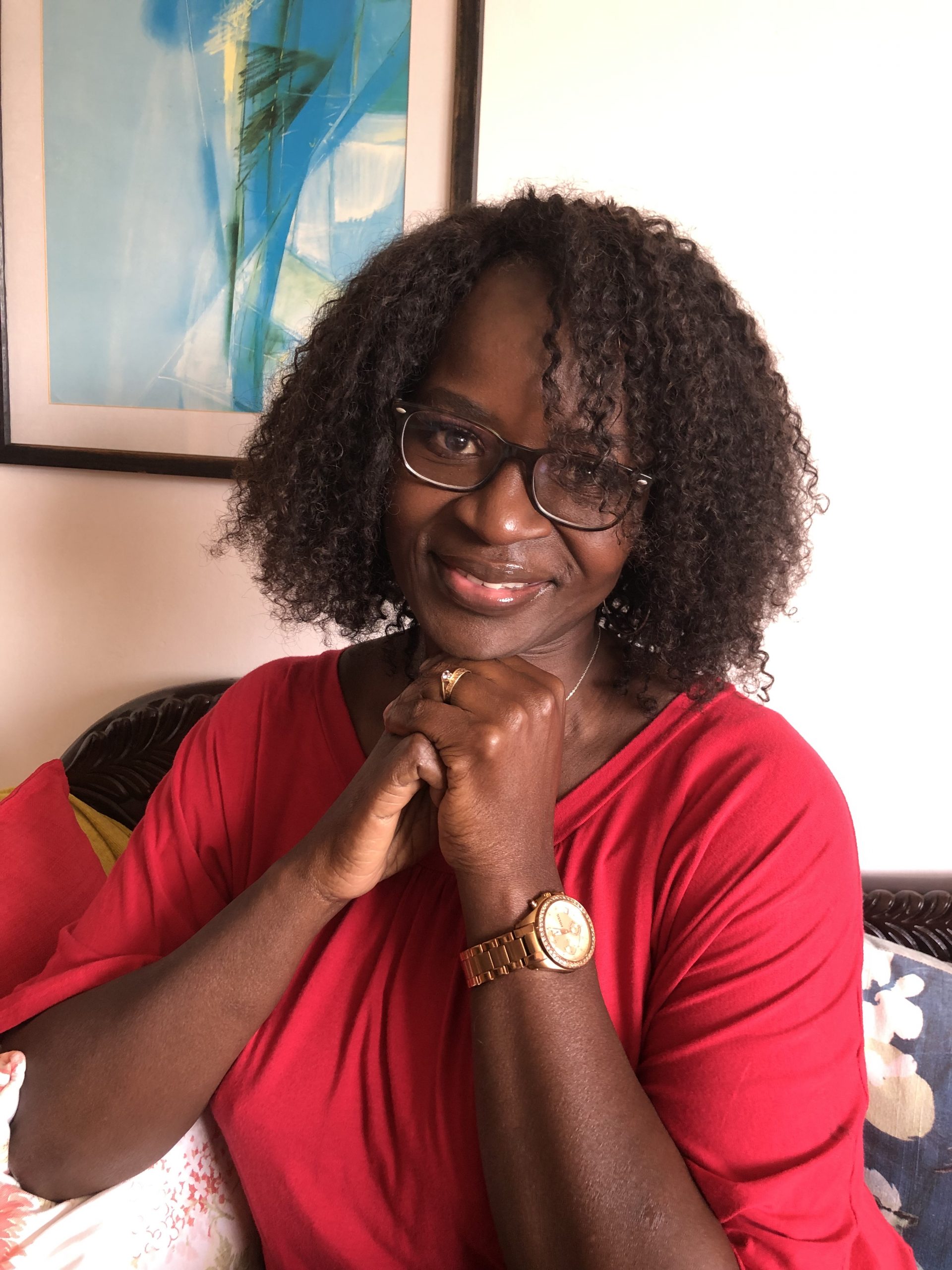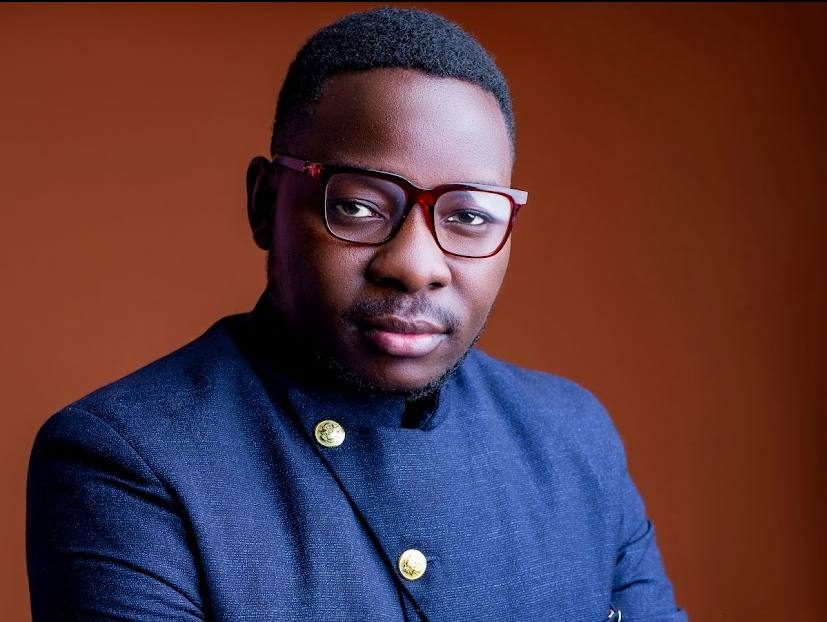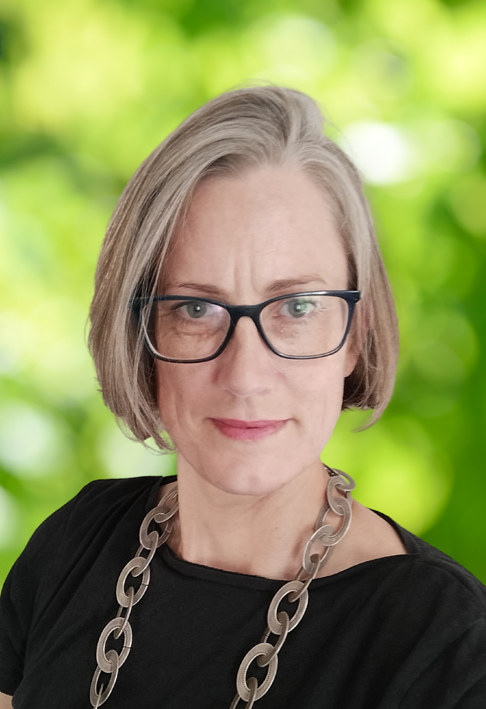Showcasing the importance of self-evaluation and continuous learning, our Comms Spotlight, Antoinette Bonita Kamau continues to work her way up a rewarding career in Communications.
In our interview with her, she shares inspiring insights from her journey so far and gives actionable advice for communications professionals.
Can you tell us what you do as the Chief Executive Officer of Commken Afrique?
Undoubtedly more often than not, I am busy thinking about myriad issues ranging from client/customer satisfaction, trends surrounding revenue growth, and alignment of resources, to recruiting, innovation, establishing direction and external changes, to name a few. A company’s strategic direction includes its values, mission, vision, direction and overall strategy. It’s my responsibility to figure out how all these pieces fit together, implement a plan, ensure we execute our plan and oversee the operation of Commken under its overarching strategy and, most importantly find strategic ways of securing business. The following are some of the critical roles that I perform as CEO of Commken Afrique Ltd.
I oversee the planning and implementation of various client’s assignments. In addition, I anticipate, analyse and interpret public opinion, attitudes and issues that might affect, for good or ill, the operations and plans and provide strategic advice to our clients. In short, managing the resources needed to perform all the above.
Since I have a broad view of Commken’s situation from its projected budget revenue to the overall operating budget, I am involved in approving budgets and resources.
Besides approving resources and the budgets, I also play a critical role in considering the overall effectiveness of Communication and PR activities for our clients, I consider top-level success metrics (e.g. share of voice) and consider how PR/Communication campaigns are affecting client’s objectives. This is because clients need some sort of proof or assurance of a ROI. I am responsible for showing the positive impact that PR/Communication has on our client’s brand.
Commken competes with other well established and reputable PR and communications agencies, so one of my key roles is to consistently define and show Commken’s unique niche and determine our proposition in the marketplace. In addition, I ensure we based our vision on a realistic assessment of the market, the competition and the company’s potential.
I am also involved in creating business networks. This includes connecting with vendors, uncovering potential business opportunities, joining / attending business networks and relevant industry events, participating in speaking opportunities, sharing challenges with peers and mentors, just to mention a few.
How did you begin your journey in communications and how have you improved yourself over the years?
I started off as a management trainee, but after two years I became restless, unfulfilled and after soul searching, I knew I needed to do something different if I was going to have a rewarding career. So, I took a two-year study leave, went back to University and enrolled in a Masters Communication Program at Daystar University in Nairobi, Kenya where I successfully got an MA in Communication with a bias in Public Relations. I went back to the same organization and was immediately promoted to Chief Public Relations and Protocol Officer and that’s how my journey in PR and Communications started. While I was there, I honed my PR skills which included developing a thick skin, listening with intent, scanning the environment and the ability to identify public opinion and perceptions as I was working with an organization whose overall image was wanting in the eyes of the public.
I then left and joined a UK based international Non-Governmental Organization, as Head of Communication where I got into advocacy work and stakeholder engagement and I left after 5 years. I then joined a state-owned organization where I again headed the communication portfolio for twelve years. This was a very exciting time in my career, as I got to understand and tackle all the key aspects of communication and PR from planning to execution. This experience prepared me for my current role at Commken Afrique.
I had the privilege of working with organizations that had robust training development programs in leadership and management, strategic communication, public sector management, digital marketing, just to mention a few. These training have greatly contributed to my self-development. Secondly, I belong to both local and International PR professional bodies where I have plenty of opportunities to share with my peers, network and learn. Thirdly working with two mentors who are to provide a reliable sounding board for me helps me identify and address some of my weaknesses, which serve as a catalyst for my growth as a leader.
In your opinion, what can communications professionals do to make their work valued within an organization?
First, being extremely knowledgeable about the industry /sector they are working in. This essentially entails knowing and understanding the organization’s mandate, services and products, then a thorough understanding of an organization’s strategic goals and ensuring that they are aligned with the communication/PR strategic goals.
Second, becoming an expert in scanning the environment they are working in and these include the political, economic, social, economic, legal and environment (PESTLE), including the trends and the current debates that are affecting that industry/ sector.
Third, having emotional intelligence is essential. This will allow a communication professional to say what needs to be said, speak clearly, and to ensure that one’s voice is heard, especially during a crisis. It will also enable one to manage one’s emotions, be empathetic, be more assertive without being pushy or aggressive, and build relationships.
Lastly, the ability to identify potential problems, come up with solutions and implementation, excellent communication/persuasive skills coupled with the ability to measure and show the value Communication and PR brings to the organization will go a long way in making Communication and PR work valued at the workplace.
Can you share some of the key lessons you have learnt from your professional journey so far?
I have learnt the following lessons:
- To brutally evaluate myself so that I can re-emerge better and perform better.
- To continuously learn – the world is changing so fast so I need to keep up with the pace, I don’t like playing catch up.
- I have learnt to broaden my perspective, to reflect and to learn about myself during crucible moments.
- I have learnt that possibility is a belief about what you can and can’t do. So, I never close myself to possibilities.
- I have learnt to always speak up, to find opportunities to insert myself and say something.
What are some changes/ improvements you’d like to see in the communications industry in Africa?
Improvement in ensuring that Africa has strong professional bodies in the communications industry who will play critical roles in advancing the knowledge and the practice of the PR/communication practice/profession through developing, supporting and especially regulating and promoting professional standards for technical and ethical competence, which will go along way in weeding out PR/Communication quacks in Africa. With strong professional bodies, communication practitioners will be able to forge partnerships and collaborations, increase strategic engagements, share lessons learnt with each other, work across borders and understand the cultural nuances within the African landscape. I think this would be one aspect of improving the communication industry in Africa.
What advice will you give to communications professionals who would like to follow your path?
- Get communication training to the highest level that you can.
- Join a communication professional body.
- Surround yourself with a network of communication professionals, learn from them, ask them questions.
- Make yourself visible.
- Build a good network.





